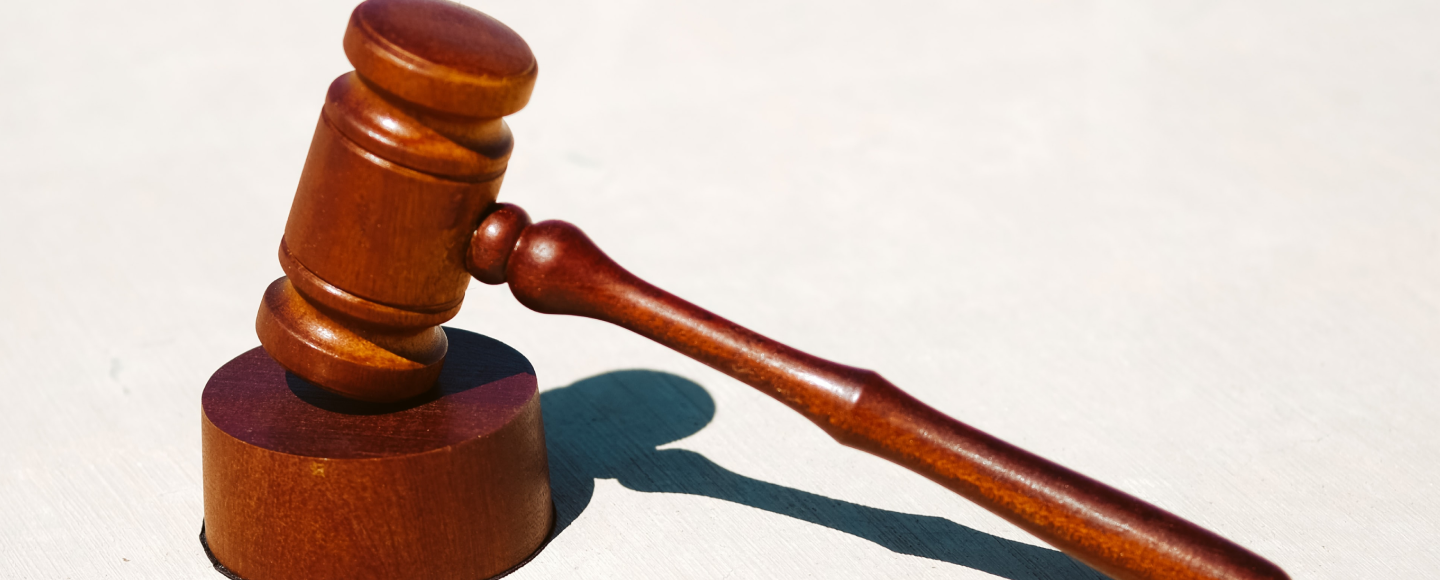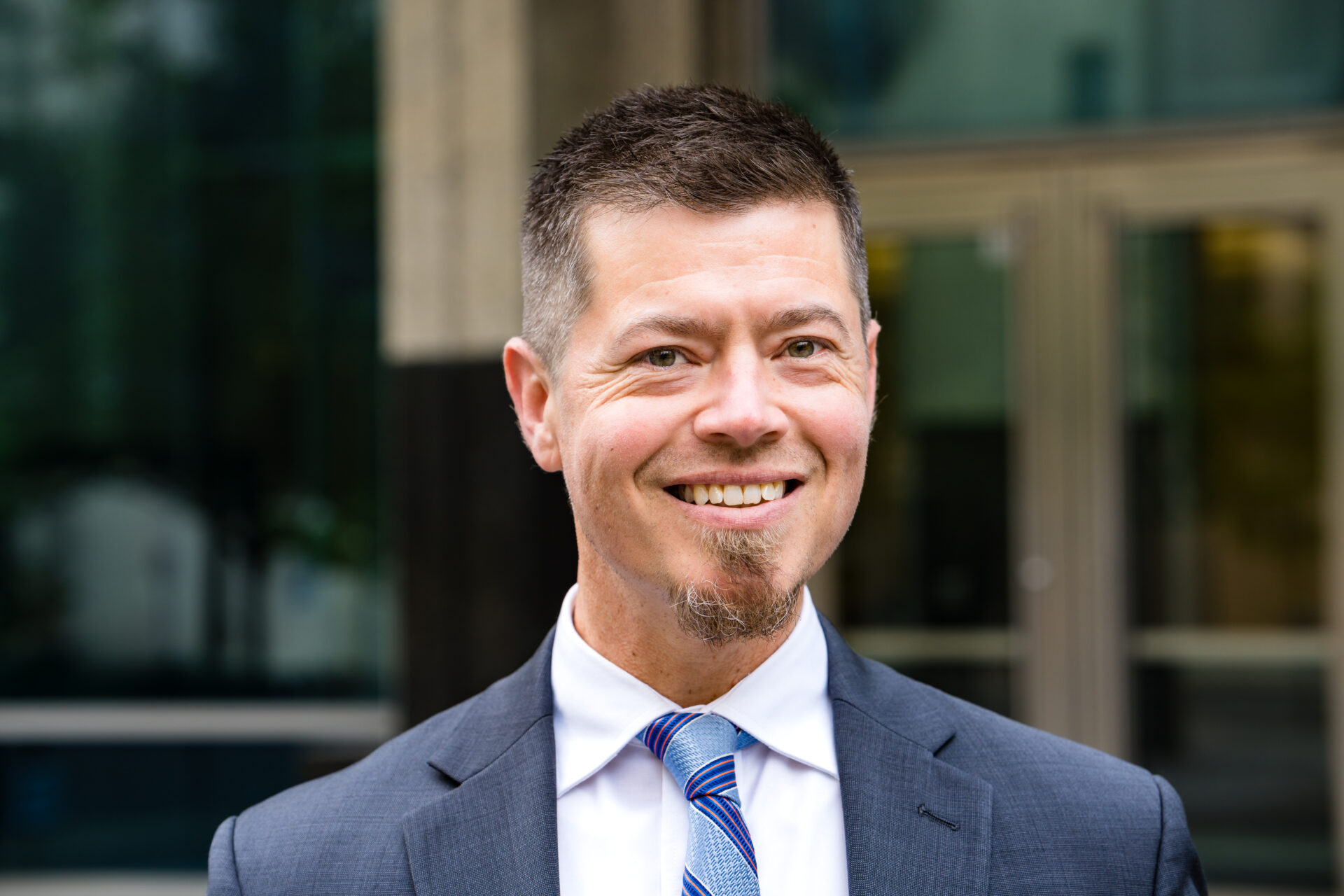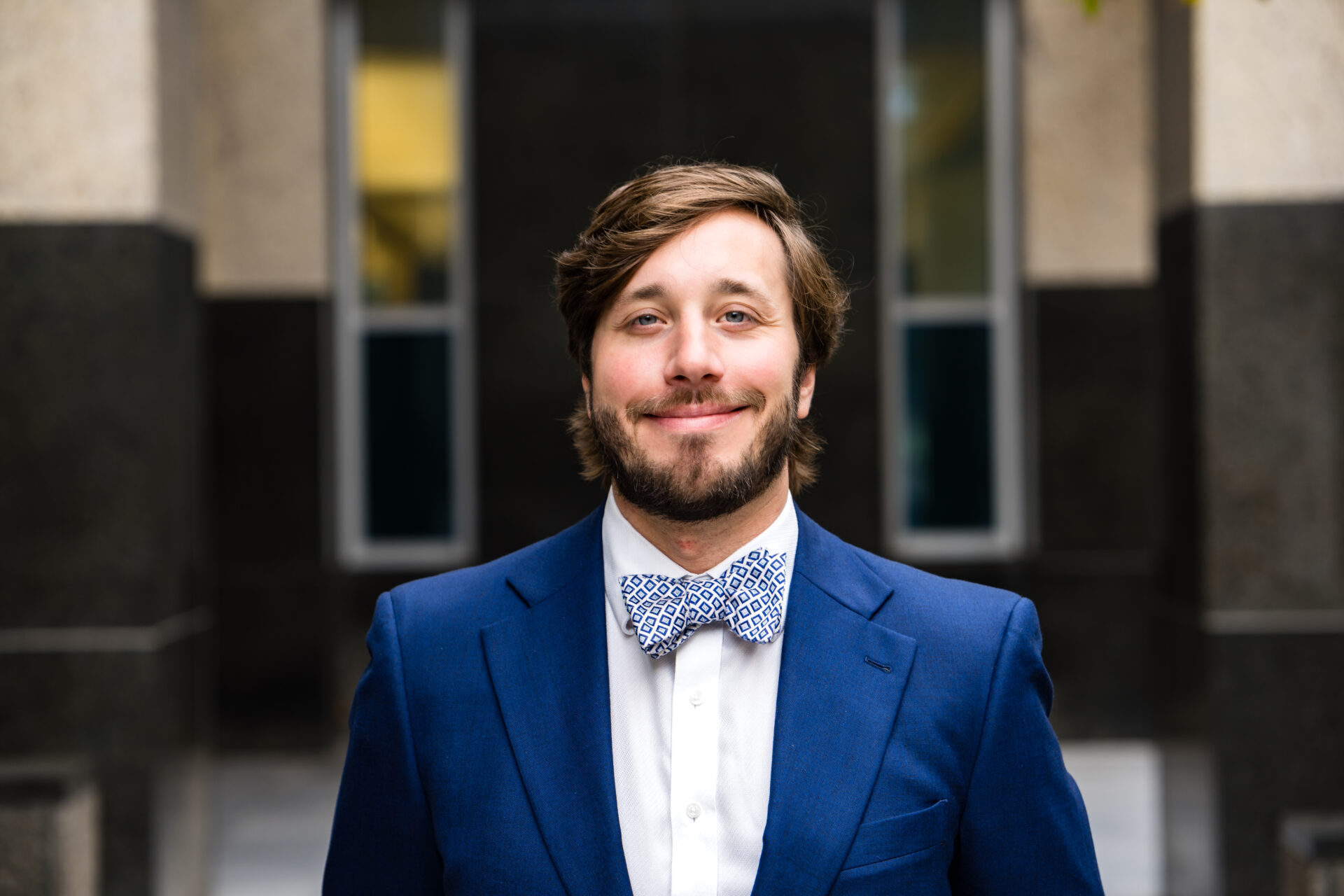Let me preface this post with a disclaimer: This should not be treated as legal advice. All cases are different, and this information may not apply in your case. State laws are also different, and I currently only practice law in North Carolina. Finally, there is clearly no single answer to the question of what one “should” do that applies to all cases. And if you want to get metaphysical, there may very well not be an answer to the question of what one “should” do in any situation, ever. Now, having invoked the all-encompassing metaphysico-existential disclaimer, on to the subject at hand:
What should I do if I’m stopped by the police and suspected of drunk driving?
1. First rule of police encounters: Know that the police are not on your side.
Take-away: You are not required to help them build a case against you by answering questions and doing their little tests like you’re their monkey.
If you are stopped by a uniformed agent of a governmental power structure while minding your own business traveling on the roadways, any “polite conversation” in which the officer may engage you is not borne of compassion for the difficult plight into which the same officer has just forced you against your will. Assume that each question posed by the officer is carefully tailored to induce you to confess to a crime. Assume this to be true whether the particular agent’s demeanor is overtly hostile, or apparently cordial. The intent is the same, and the intent is definitively hostile to you, the suspect.
You do not have to answer any questions. You do not have to perform field sobriety tests. And you do not have to submit to a portable breathalyzer. In other words, you have rights, and police authority still has limits, at least until the Roberts Court finally declares the entire Bill of Rights dead because he and his 5-vote block decide that the original intent of the Constitution was for rights only to apply to corporations.
NOTE: Never, EVER perform the “eye test,” known to law enforcement as HGN, or the Horizontal Gaze Nystagmus test, even if you think you’ll blow double-zeros. It is a sham. But your arresting officer will almost certainly claim that he or she knew you were impaired as soon as you completed this test, of which there will be no recording and no evidence other than the officer’s testimony that this magic test told him that you were drunk, even if you’re not. If you politely decline to do it, the cop cannot claim that your eyeballs turned into Magic 8-Balls that revealed your BAC to him or her in a secret code that no one else bore witness to. That is, unless s/he fabricates the test altogether, but that brings me to my Second Rule.
2. Second rule of police encounters: Record everything, to the extent that you can.
If you have a smartphone, there is a “voice recorder” app of some kind on your phone by default. Put a shortcut to it on your home screen, and know how to access and activate it quickly. If you see blue lights, begin recording immediately, put it in your pocket if you can, and let it record until your battery dies or your phone runs out of memory.
Whatever preconceptions you may have about law enforcement, good or bad, know that they do not always tell the truth. This is a widely documented fact. In fact, they have an incentive to lie. Sure, presumably some of them are straight shooters, but you don’t know who you’re dealing with, and even if the cop seems like he’s “just doing his job,” you may be surprised to learn how many cops find it impossible to resist the temptation to pad their reports with exaggerated claims about their encounter with you. If you’re being accused of a crime, even if you know that you are 100% innocent, one of the most powerful tools you can have to protect yourself is a recording of what actually happened during the encounter that led to your arrest and prosecution. It’s a simple step, and it could mean the difference between a criminal record and a Not Guilty verdict. Your lawyer will thank you.
3. What about the big breathalyzer machine downtown? Should I blow? (In NC, this is the Intox EC/IR II®.)
In my opinion there is no simple answer to this question, at least in North Carolina. If you refuse to blow in NC, your driver’s license will automatically be revoked for a year, and you won’t be eligible for any type of limited driving privilege for at least six months, regardless of the outcome of your court case. For many people, that fact alone is reason enough to blow. Many other states have similar laws, which are generally termed “implied consent” laws — because you have “impliedly” consented to be subjected to this intrusion, without your knowledge or actual consent, just by driving on the roads — or so goes the rationale of your state legislature, in their quest to assist the Supreme Court in its mission to gradually deprive you of all your remaining rights. But consult your own state’s law to clarify what you’ll face there if you’re outside of North Carolina.
If you can live with the automatic revocation (which can be challenged, but I’ll save that for another day), then you may want to consider refusing in a case in which you think your BAC will be .15 or higher (for guidance, try Yale’s Widmark BAC calculator). If you blow a .15 or higher, then you’ll get nailed with an additional requirement that you have an Interlock device installed in your car (an in-car breathalyzer) for a year if you’re ultimately convicted, which won’t be required if you refuse. That is, unless they take your blood anyway, which the police can do at their discretion, if you refuse. It’s a crap shoot as to whether the cop in your case will want to do the additional work to deal with a warrant for a blood draw and the additional time required, but many do in Wake County, so beware that even if you do refuse, they may end up with your BAC anyway. In that case, you’ll have to deal with the consequences of a refusal, and it will have all been for naught.
On the other hand, if you think you’ll blow around a .08 or .09, possible even lower, in most cases my general advice would be to go ahead and blow. Your lawyer can work on various angles to try to keep the BAC out of evidence, but if it comes in, it is still within the realm of possibility to get to a Not Guilty verdict even if your .08 or .09 comes into evidence (and possibly higher, but NC judges are becoming more and more strict on this point over time — a different story for juries, though).
If you do refuse, you should understand that many District Court judges will consider the refusal itself to be more damning than a relatively low BAC, and they will often assume a much higher BAC when an individual refuses. In fact, the police are required to advise you, prior to your decision as to whether or not to blow, that a refusal will be used against you as evidence of guilt.
3. Finally, a few sample scenarios:
Sample scenarios:
Cop: “Where are you coming from this evening?”
Guilty Citizen: “The bar. Well, actually we started at this one bar, I can’t remember the name, and then we went to this other bar, and we ended up at the club. I probably shouldn’t have had that last shot, I’m sorry officer, it was my friend’s birthday. I’m only half a mile from home, if you just let me go, I’ll go straight home and I promise I’ll never do it again.”
Presumed Innocent Citizen: “Respectfully, I’m not interested in answering any questions this evening.”
***
Cop: “Have you had anything to drink tonight?”
Guilty Citizen: “I had a couple of beers earlier, but it’s been a couple of hours.”
Presumed Innocent Citizen: “Respectfully, I haven’t done anything wrong and I’m not interested in answering any questions this evening.”
***
Cop: “I’d like to ask you to do some tests for me.”
Guilty Citizen: “Ok, I’ll do my best, but I’m not sure I could even do this sober.”
Presumed Innocent Citizen: “Respectfully, I haven’t done anything wrong and I’m not interested in doing any tests this evening.”
***
Cop: “I’d like to ask you to blow into this.” (Here, I am referring to a handheld/portable breathalyzer that some officers carry in their vehicles — NOT the “big machine” at the police station, which in NC is the Intox EC/IR II®. Different considerations apply there.)
Guilty Citizen: “Ok.”
Presumed Innocent Citizen: “Respectfully, I haven’t done anything wrong and I’m not interested in blowing into your machine this evening.”
Note that my sample responses from the Presumed Innocent Citizen include the qualifier that the various requests are being denied because “I haven’t done anything wrong.” My rationale for adding this language into a statement in which the accused politely declines to be the officer’s circus monkey, is that you can bet that the officer will testify at your trial as to the specific words he or she claims you used in declining to do various things. It will be difficult to spin your statement that you are explicitly declining because you have done nothing wrong and don’t believe you should be required to submit to tests, as an expression of your individual sovereignty as a presumptively innocent citizen of a nation that purports itself to be rooted in principles of individual liberty. (BUT: don’t be surprised if you use these exact words and by the time the cop testifies, the innocence language has been magically omitted. For that reason, refer back to my Second Rule, and record everything.)
Finally, in the words of 19th century social activist Henry Beecher, “Liberty is the soul’s right to breathe, and when it cannot take a long breath, laws are girded too tight.” I submit to you that when you can’t drive home from dinner on a Saturday night without being detained and interrogated at one of Raleigh’s overzealous DWI roadblocks, forced to trot around like a circus animal to prove your innocence to a uniformed agent of your government, then the soul of a liberty-loving people no longer has adequate room to breathe. But even still, you don’t have to help them prosecute you by making statements and doing tests that you have no obligation to do.
Remember your rights, and be safe out there.
★★★
Raleigh DWI lawyer Ben Hiltzheimer is a criminal defense attorney in Raleigh, North Carolina, who represents individuals charged with DWIs and the full spectrum of misdemeanors and felonies. Contact us for a free, confidential consultation and case evaluation at (919) 727-9227.







